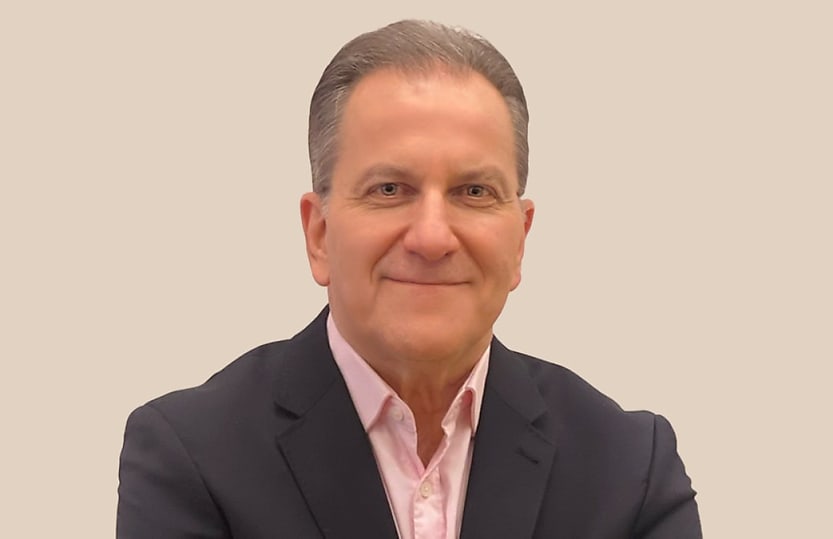QAR ‘will fail to make financial advice affordable for most’

The licensing regime looks certain to remain out of sync with people’s guidance needs, says fintech chief.
The Quality of Advice Review (QAR) will fail to lower prices for financial guidance and leave it beyond reach for nine out of 10 taxpayers, according to the CEO of two fintechs that aim to solve the problem.
George Haramis, who founded and runs digital advice providers moneyGPS and accountantsGPS, said the QAR attempted to make financial advice more affordable but prices would remain high enough to deter most.
“About 10 per cent of the working population can afford to work with a financial planner, particularly given the median fee for a statement of advice … was around $4,500. And the cost of a single topic, financial plan, one topic was just over $2,000 – most people can't afford that,” he said on the latest Accountants Daily podcast.
“It simply comes back to the legislation in place – to give any type of personal advice, you need to be licenced,” he said. “Whether it's through an AFSL or an authority given by an AFSL, someone has to be licensed.
“The challenge these days is that the number of advisers is falling dramatically. The demand for advice is increasing all the time, it'll continue to increase, because people know they need advice.
“Most people … only need advice for certain topics or certain times.”
Mr Haramis set up a business to develop digital advice software and bridge the gap.
“It's taken us about two years to really develop the tech to the point where everybody's assessment is personalised. So the whole process delivers a personal assessment of your circumstances, reviews them, and then determines what's in your best interest to access advice or what is not in your best interest.”
“Digital advice is really the only way for that 90 per cent of people that can't afford traditional advice to access some form of personal advice. The reality is digital is becoming viewed as mainstream advice.”
“In this case, it's the AFSL delivering the advice. We don't have any internal financial advisers in our business. As a technology company, we've developed the technology, we've created the IP so that the technology itself – through the algorithm and the calculation engine – assesses the client and we deliver the advice via our AFSL.”
“In my previous business, which was a traditional advice business, we had humans seeing clients. But they only saw clients that could afford the $3,500-$4,000. Now we can see 100 clients, or 1,000 clients, or 20,000 clients via the tech, we can scale the tech, and lots of people can access advice which is affordable.”
About the author

